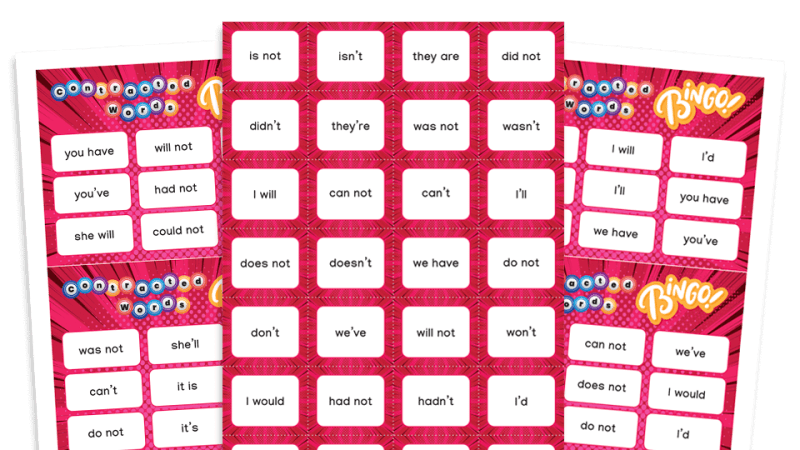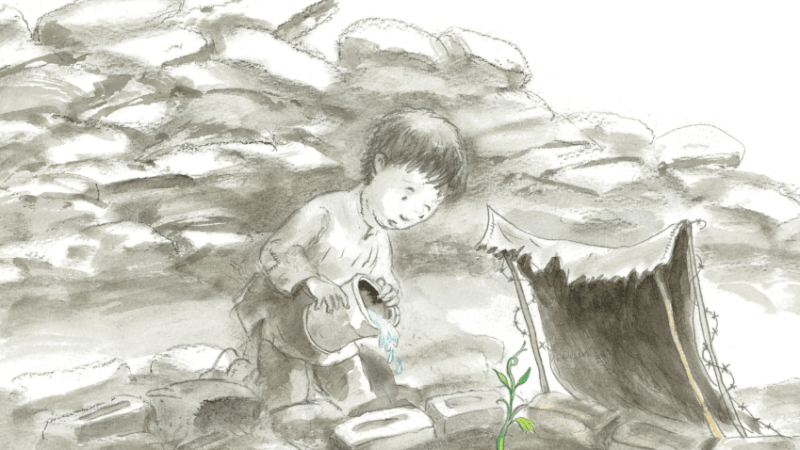School library – Investing in staff training is vital

A great school library can be transformative, but don't forget the CPD, says Dr Richard Gerver…

At the end of 2020 I stepped into the role of president of the School Library Association (SLA).
Before taking on this role I was headteacher of Grange Primary in Long Eaton in Derbyshire. In two years I transformed it from a failing school into an acclaimed learning environment.
I was lucky enough to be celebrated by UNESCO and won Headteacher of the Year at the National Teaching Awards. After that I went on to serve as a government adviser.
So, with a record of success behind me, and in a year of further cuts to UK public libraries, what exactly drove me to want to lead the SLA?
It all stems from one of the most important things I did to transform Grange Primary from failure to success. You might assume that it involved installing a major new learning management system, retraining all the staff or having the school modernised.
However, one of the first things I did was to build a state-of-the-art, purpose-built library. Staff received full school library CPD training. The result proved my belief in the transformative power of libraries: great libraries make an impact.
In an age of the digital divide, ‘fake news’ and a growing attainment gap, school libraries have never been more important, and yet one in eight schools don’t have one at all.
It has always been my belief that the current perspective on school libraries is too narrow: they are not just about books. There are several evolving purposes of the school library, many of which are not often recognised.
Love reading
Of course, libraries were always a place for children to access books; both for reference and stories. From the earliest years, reading allows children to be transported from their world to another.
Between the pages of a book, we can immerse ourselves in the lives of fictional characters or learn about other cultures across the world. Younger children can learn new words and acquire essential skills and knowledge.
Stories are a brilliant way to help children understand the complex sociocultural context in which we live, while also developing other key skills such as communication and language, critical engagement and curiosity; all skills which will help children develop into well-rounded and successful thinkers.
Indeed, according to the National Literacy Trust, children who have fun with reading are three times more likely to have good mental wellbeing compared with children who don’t enjoy reading. This is where librarians play an essential role in our schools, but it takes fully trained librarians to do this.
When a library is managed effectively, librarians work with classroom teachers to understand each student’s individual needs so that they can help them to find books that are aligned to their reading level, and in turn, ensure they develop a love of reading.
However, believing that libraries are just about reading books is one misconception of the role they play. They are so much more than books and story time.
Fact vs fiction
The internet should be the perfect source of valuable learning content, but the volume of information is growing exponentially and, sadly, misinformation is spreading faster than ever.
Outrageous information is usually easy to identify as ‘fake’, but as the ‘misinformation’ epidemic grows, identifying fact from fiction is becoming increasingly difficult, especially for younger children.
Primary-aged children aren’t highly discerning about the information they consume and need teachers and school librarians to play an active role in filtering sources and content.
Teaching children from all socioeconomic backgrounds how to access valid, trusted information from books and online – and to interrogate what they are being told – has never been more important.
Level up
Continuing the SLA’s drive for education equity is at the heart of my vision for my time as president. As we focus on the ‘levelling up’ agenda, I’ll be spending my time bringing school libraries back to the heart of the debate around education.
A National Literacy Trust study prior to the pandemic found that one in 11 disadvantaged children in the UK don’t own a book of their own, yet children who do own books are six times more likely to read above the level expected for their age, highlighting the link between reading and academic outcomes.
The disproportionate impact of Covid-19 on the most disadvantaged children has further transformed the gully between the less and more privileged into a deep canyon.
The gap in education outcomes between less and more privileged students has stopped, and possibly even gone into reverse. To address this, I believe that the government should put library funding at the heart of the ‘levelling up’ agenda.
In doing so, we can ensure all children, irrespective of where they live or their family’s income level, will have free and easy access to books and opportunities to raise their learning levels and aspirations.
It’s been interesting to note that with the total funding for British public libraries falling by nearly £20m in the year to March 2020, immediately before the lockdown, they actually faced a rapid increase in demand for their services, which were eventually deemed essential by the government.
Libraries, whether in a school or high street, are a great leveller in ensuring everyone, whether or not they have internet access, has free access to reading and learning content.
Most school librarians are already highly trained and skilled. However, others aren’t and for some, they were trained several years ago when school libraries were a very different part of a school’s infrastructure.
When I arrived at Grange Primary I ensured that school library staff received full updated CPD training so that our library could achieve my vision of being an effective central hub of the school. It’s so important that school librarians are trained to drive the transformation of their library.
Of course, it’s not as easy as simply investing in some training, but it’s certainly an important first step. By helping young people to engage with the joys of reading and training teachers and library staff properly, we can harness the true power of libraries and help the next generation achieve their full potential.
Together we can get libraries back to the heart of the debate around education. I therefore invite all schools to work with their local MPs and the SLA to drive the school library agenda.
Find Richard on Twitter at @richardgerver. Learn more about the SLA at sla.org.uk and follow on Twitter at @uksla.












